Investing is a powerful tool for building wealth and securing your financial future. Whether you’re saving for retirement, planning for a major life event like marriage, travel, etc., or simply looking to grow your wealth, investing is the gateway to achieving your financial goals. However, today’s world of investing has become quite complex with a bouquet of options available to you. One such sought-after option is investing in Exchange-Traded Funds. Also known as ETFs, these funds have gained immense popularity in recent years.
As per Economic Times, the ETF assets under management were Rs. 2.07 lakh crores as of August 2020 and nearly half of it was concentrated in Nifty 50-based ETF. But what is Nifty 50 ETF? Let’s explore everything you need to know about Nifty 50 ETFs and why they have become a popular investment choice among Indian investors with Koshex.
What is Nifty 50?
Nifty 50, also known as the National Stock Exchange Fifty, is the flagship index of the National Stock Exchange of India (NSE). It consists of the 50 largest and most actively traded stocks on the NSE in terms of market capitalization and Nifty 50 is the weighted average index of these companies.
The companies are spread across various sectors of the Indian economy and are also known as blue-chip companies. The Nifty 50 index is widely considered a benchmark for the Indian stock market and serves as a barometer of the overall economic health of the country. Some of the top companies in the Nifty 50 index include Reliance Industries, HDFC Bank, TCS, Infosys etc.
What is The Nifty 50 ETF?
Before understanding what is Nifty 50 ETF, we need to understand what are ETFs. An Exchange-Traded Fund (ETF) is a type of investment fund and exchange-traded product that is similar to mutual funds. It pools money from the investors and invests in specific classes of assets like stocks, bonds, and mutual funds. Some ETFs are designed to track the performance of a specific index, commodity, bond, or basket of assets.
They offer investors a way to diversify their portfolios and gain exposure to various asset classes with ease. What separates ETFs from mutual funds is that ETFs trade throughout the trading day on stock exchanges like individual stocks. Thus, the Nifty 50 ETF replicates the performance and portfolio of the Nifty 50 index.
Why You Should Invest In The Nifty 50 ETF?
While we understand what Nifty 50 ETF is, it is interesting to note that while Nifty 50 represents only 50 of the 1600 listed companies, it captures 65% of the float-adjusted market capitalization. Thus, investing in Nifty 50 ETFs offers several compelling advantages including but not limited to the following:
- Diversification: Nifty 50 ETFs provide instant diversification across 50 of India’s largest and most prominent companies in terms of market capitalization. This diversification helps spread risk and reduces the impact of poor performance from individual stocks in your portfolio.
- Liquidity: ETFs are traded on stock exchanges like normal shares. Thus, they can be bought or sold at any time during trading hours. This liquidity offers you much-needed flexibility in managing your investments.
- Cost-Efficiency: Nifty 50 ETFs is a passive fund as it directly tracks the index and therefore, has lower expense ratios compared to actively managed mutual funds. This means you can keep more of your returns. It creates a significant impact in the long run due to compounding.
- Transparency: ETFs provide transparency as they are regulated by SEBI and disclose their holdings on a daily basis. This allows you to know exactly what assets you own within the fund.
- Professional Management: Nifty 50 ETFs are managed by professional fund managers who aim to replicate the performance of the Nifty 50 index. This expertise can be beneficial for investors seeking passive exposure to the Indian stock market. It is highly beneficial for novice investors as they gain the benefit of professional fund management.
Important Points Before Investing
While investing in Nifty 50 ETFs is an attractive option, there are certain points you need to remember before investing in the same. These include:
- Risk Tolerance: You should always assess your risk tolerance and investment goals before making any investment. While Nifty 50 ETFs provide diversification, they are still subject to market fluctuations and macro-economic factors.
- Expense Ratios: While the expense ratios of Nifty 50 ETFs are quite lower as compared to other actively managed funds, you should still compare the expense ratios of different Nifty 50 ETFs. Lower expenses can have a significant impact on your long-term returns due to compounding gains.
- Tax Implications: Every investment carries its own tax implications. You should understand the tax implications of ETF investments and do your tax planning accordingly.
- Brokerage Account: You’ll need a brokerage account to buy and sell ETFs. Ensure you have a reliable and low-cost brokerage platform. Check Koshex for more information.
- Long-Term Perspective: Considering a long-term investment horizon when investing in Nifty 50 ETFs can have outlived benefits. Market volatility can impact short-term returns while in the long run, the stock market has always risen.
Summing Up
Nifty 50 ETFs offer a convenient and cost-effective way for you to gain exposure to India’s top 50 companies, thus participating in the country’s economic growth. With diversification, liquidity, and professional management, these ETFs can be a significant addition to your investment portfolio. The flexibility to sell anytime is unmatched and that’s what differentiates Nifty 50 ETFs from the Nifty 50 index mutual funds. However, it’s crucial to conduct thorough research and consult with a financial advisor to align your investment strategy with your financial goals and risk tolerance. Further, selecting the right platform is paramount.
Koshex offers 5000+ mutual funds that match the needs and preferences of each investor. Investing through Koshex delivers you a great investment experience at some of the most affordable costs. You can explore different AMCs, compare them seamlessly, and select the best one that suits your needs. Do smart investing with Koshex today.
Frequently Asked Questions
Q: Are Nifty 50 ETFs suitable for long-term investments?
A: Yes. Nifty 50 ETFs can be most suitable for long-term investments especially if you believe in the long-term growth potential of the Indian economy. It negates the effect of short-term market fluctuations. However, your investment horizon should align with your financial goals and risk tolerance.
Q: What is the difference between Nifty 50 ETFs and Nifty 50 Index Funds?
A: Nifty 50 ETFs are traded on stock exchanges like individual stocks offering intraday liquidity while Nifty 50 Index Funds are mutual funds that are priced at the end of the trading day. The common ground is that both aim to replicate the Nifty 50 index but have different structures.
Q: What is the historical performance of Nifty 50 ETFs?
A: The historical performance of Nifty 50 ETFs is based on the performance of the Nifty 50 index. Further, it varies depending on market conditions. If you track the Nifty 50 or any index, it has always risen in the long run.

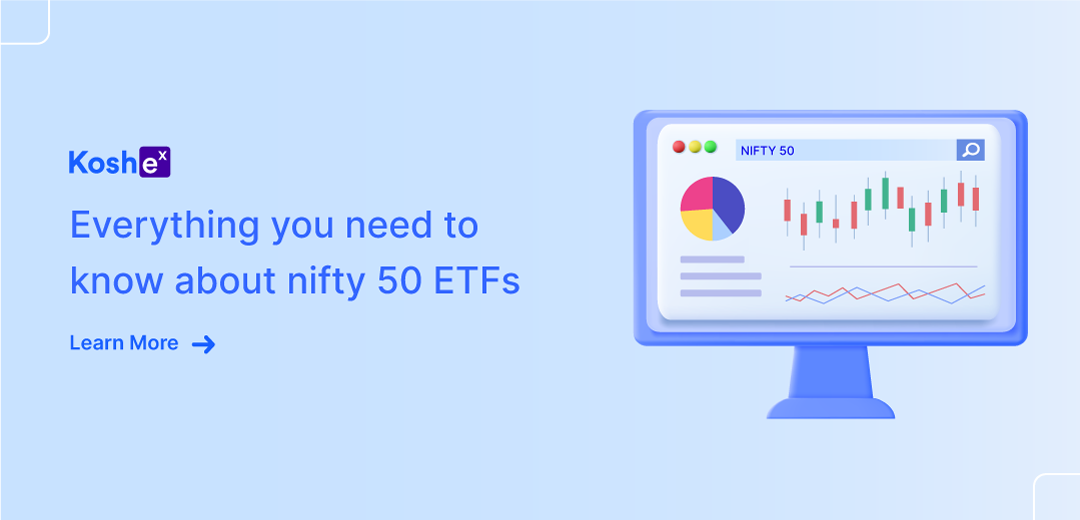
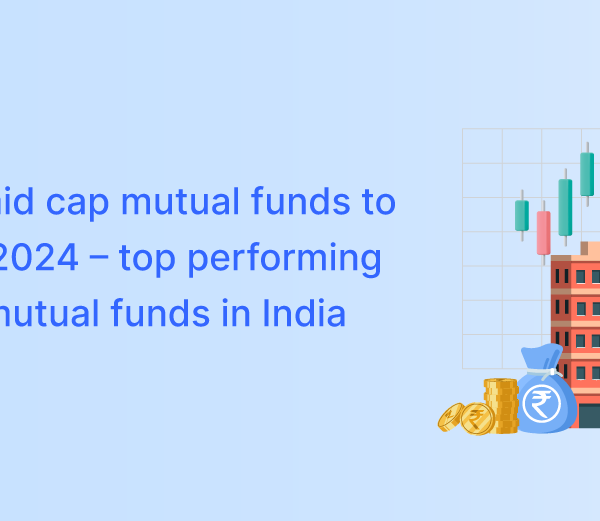
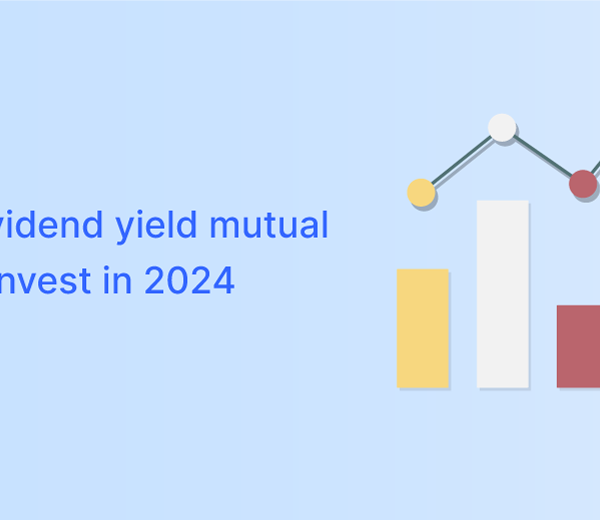
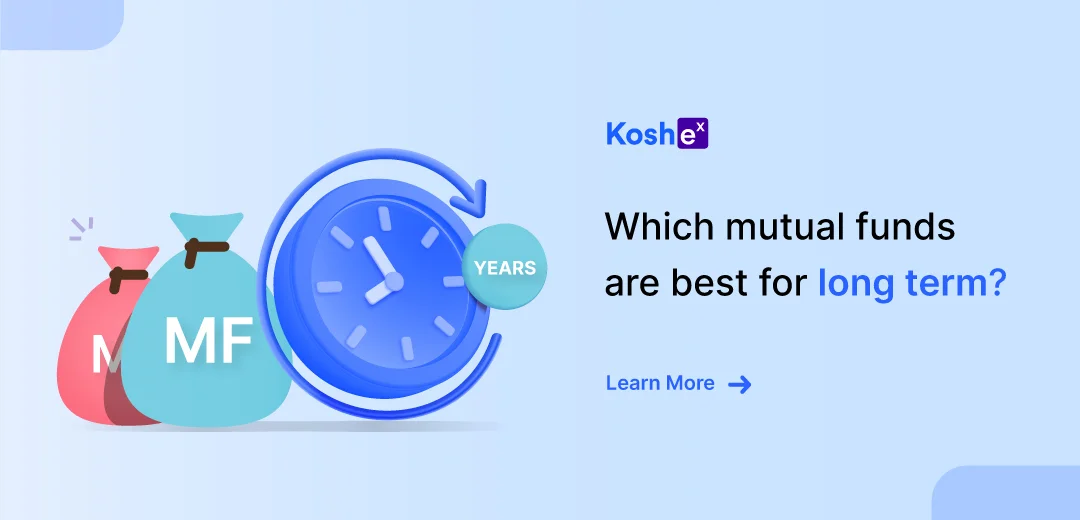
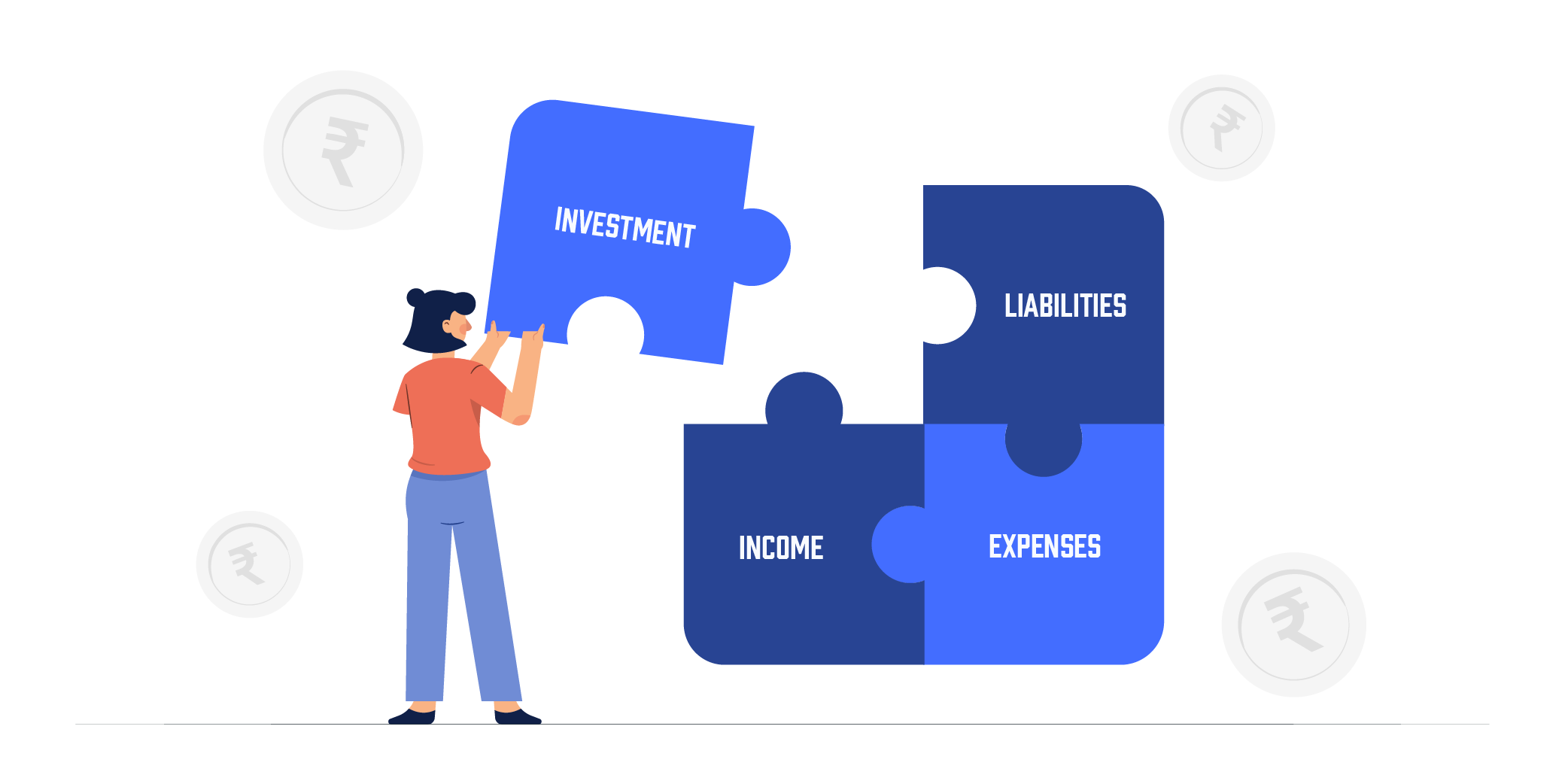



Leave a Comment